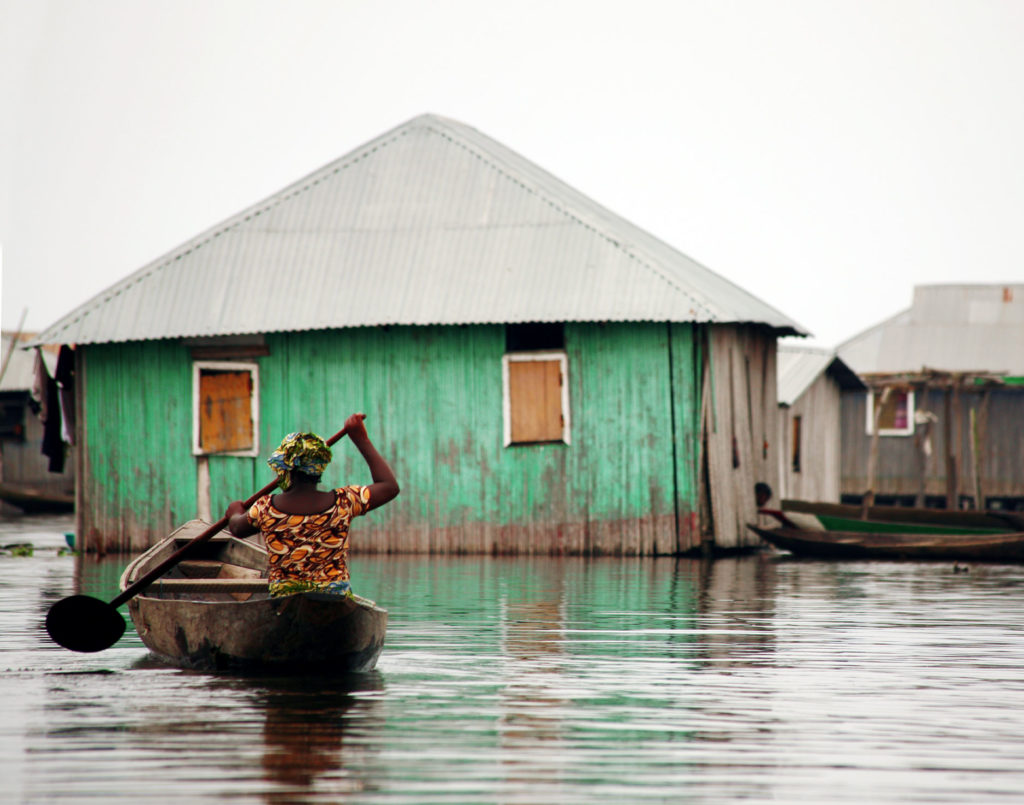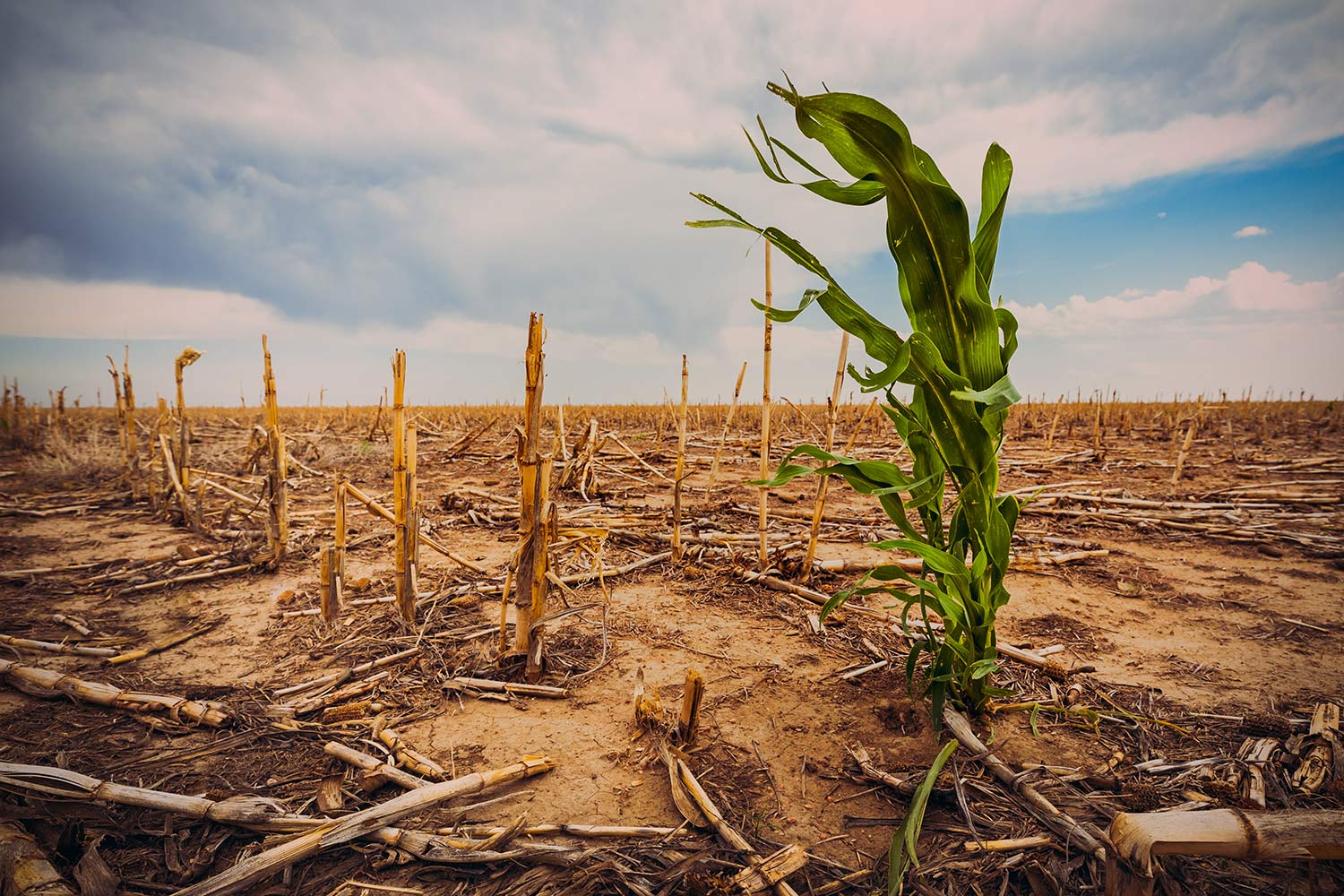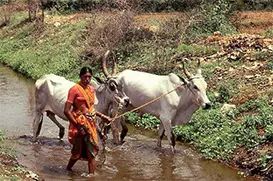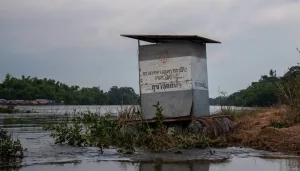heading
PROJECT: UNDP-SIWI WATER GOVERNANCE FACILITYWater and climate
Globally, there is increased recognition at both national and local levels that the climate crisis is also a water crisis. Water is the primary medium through which the impacts of climate change will be felt and will affect so many communities and sectors in many ways.

Goals
As countries race to develop and implement programmes and activities that reduce their emissions as well as reduce vulnerability of people, communities and ecosystems to the impacts of climate change, there remain concerns that present and proposed activities to ameliorate to climate change are either exacerbating or will exacerbate water resource issues found in many regions. One cannot respond to climate change without thinking about the interactions with water.
Sectors that have a large impact on mitigating climate change – including energy, agriculture, human settlements, and transportation – have a range of direct and indirect impacts as well as reliance on local and distant water resources.
Our approach
Given such linkages, it is not surprising that good water governance is not only important for addressing water problems, but also an imperative for responding to climate change impacts. So many activities are reliant on access to water resources or can have an impact on the quality and quantity of available water resources or on the source areas, irrespective of the impact of climate change on water resources themselves.
WGF supports efforts to locally and nationally implement global climate change commitments through its focus on ensuring that those activities are deemed important for combatting climate change but have strong interactions with water consider and address how that activity interacts with water resources. Given that water is the primary medium through which the effects of climate change will be felt (UN-Water), it also holds that water will be the primary medium through which we will address the effects of climate change. A focus on improving water governance will have significant effects on addressing climate change.
In recent years, SIWI has developed a new framework on water governance, which was built around Functions, Attributes, and Outcomes. “Water governance is thus described as a combination of functions, performed with certain attributes, to achieve one or more desired outcomes, all shaped by the values and aspirations of individuals and organizations (Jimenez et al 2019)”.
The most obvious of these functions are those related to managing water resources, such Policy and Strategy, Coordination, Planning and Preparedness, and Financing. This is because climate change challenges previous assumptions about the quality, quantity and access to water resources, as well as assumptions about supply and demand. For example, strategy and planning, including both mitigation and adaptation planning, will often be reliant of water sources, and have an impact on water governance – including both the supply of services and the retention of important ecosystems.
Given the disproportionate impact of climate change on poor or marginalized groups globally, as well as those that cannot easily speak for themselves, such as ecosystems, the way that functions are implemented though highlighting important facilitating attributes such as inclusion, participation, accountability, and transparency are very important. People who are deeply impacted need to be involved in decision-making around water.
In terms of direct impact through its operations, WGF seeks to ensure that water is better taken into account in climate change, and vice versa, through three key streams:
- Through highlighting the importance of water within global climate change processes, and seeking to influence these processes
- Through disseminating the opportunities and challenges for water resources in mitigation. Whilst water is increasingly incorporated into adaptation planning, there is less awareness on water-related activities potential for mitigation
- Through providing opportunities and practical advice on understanding how water-related activities can be included in climate change planning as countries shift from high level priorities to local implementation.
Water and Nationally Determined Contributions (NDCs)
Many countries are outlining the ways that they intend to address climate change and adhere to the Paris Agreement. They are expected to present Nationally Determined Contributions focused on the international context as well as National Adaptation Plans or National Mitigation Plans focused more on domestic concerns. At present, many are in the process of completing their revised NDCs for the 2020-2025 period.
WGF promotes the importance of including water and water-related activities within NDCs, and to recognize that many commitments made in NDCs will have an impact on water resources or may be limited by access to water resources. For example, WGF published “Water Interactions for Consideration in NDC Enhancement and Implementation” as a document aimed at non-water professionals such as climate change focal points in order to highlight the central importance of water and how there may be some conflicts between different activities within their NDCs. The publication of this document was supported by a number of water and climate webinars.
WGF also recognizes that planning processes are ongoing, and much more work is needed to ensure that water challenges are mainstreamed into climate change planning processes, as well as those activities that countries have committed to within their NDCs and are dependent on water resources. To this end, WGF is involved in analyzing the new round of NDCs for their water-related content, undertaking comparative analysis of trends between different rounds of NDCs, and then using this to identify needs, gaps, and opportunities for mainstreaming water into climate change.
Water and mitigation
Water’s connection to the mitigation of greenhouse gas emissions is less visible than its role in adaptation, but it needs to be better recognized. For example, it is estimated that approximately 3-7 per cent of global electricity is used either to access and distribute water or to generate energy used in treating wastewater. This proportion is expected to increase significantly as the impacts of climate change take hold, meaning that both water efficiency and energy efficiency in the sector hold some promise for mitigation.
Similarly, there has been an increased focus on the role of wetlands, peatlands, and forests as Nature-Based Solutions that can mitigate emissions rises, and water has an obvious role in their functioning, rehabilitation, and restoration.
In addition to these two examples, there are many other opportunities to consider water’s role in mitigation, and WGF is working with various partners to better identify and promote mitigation opportunities as well as the means to measure mitigation results.
The WGF and partners are currently producing a water and mitigation report that will synthesize many different streams of information. It is due for publication in 2021, ahead of the climate meeting COP26, and will provide a catalyst for the better inclusion of water in mitigation efforts.
Water and climate
The climate crisis is essentially a water crisis. When we treat it as such, we get new tools to mitigate climate change and adapt to consequences that are unavoidable.
Know more about water & climate




